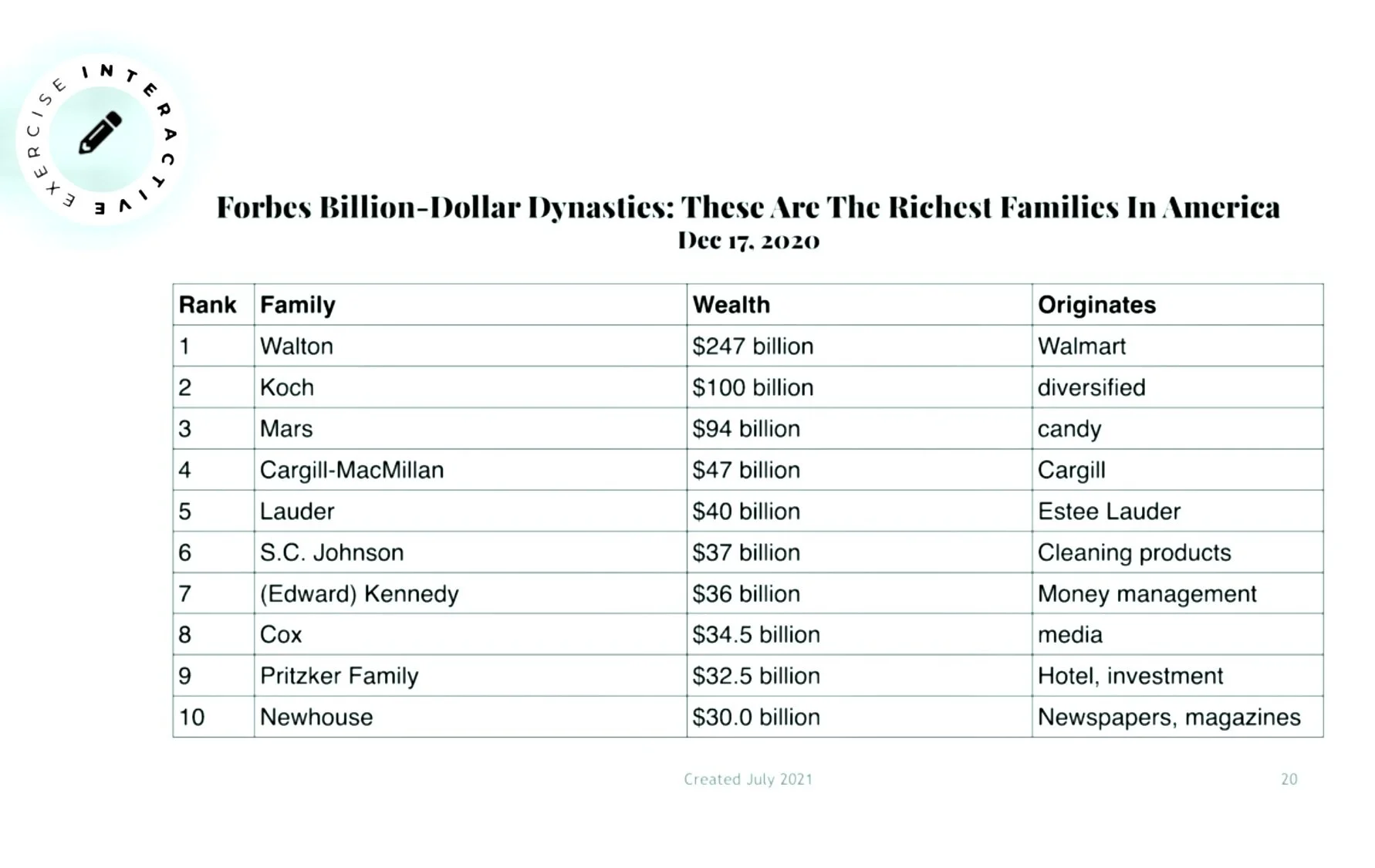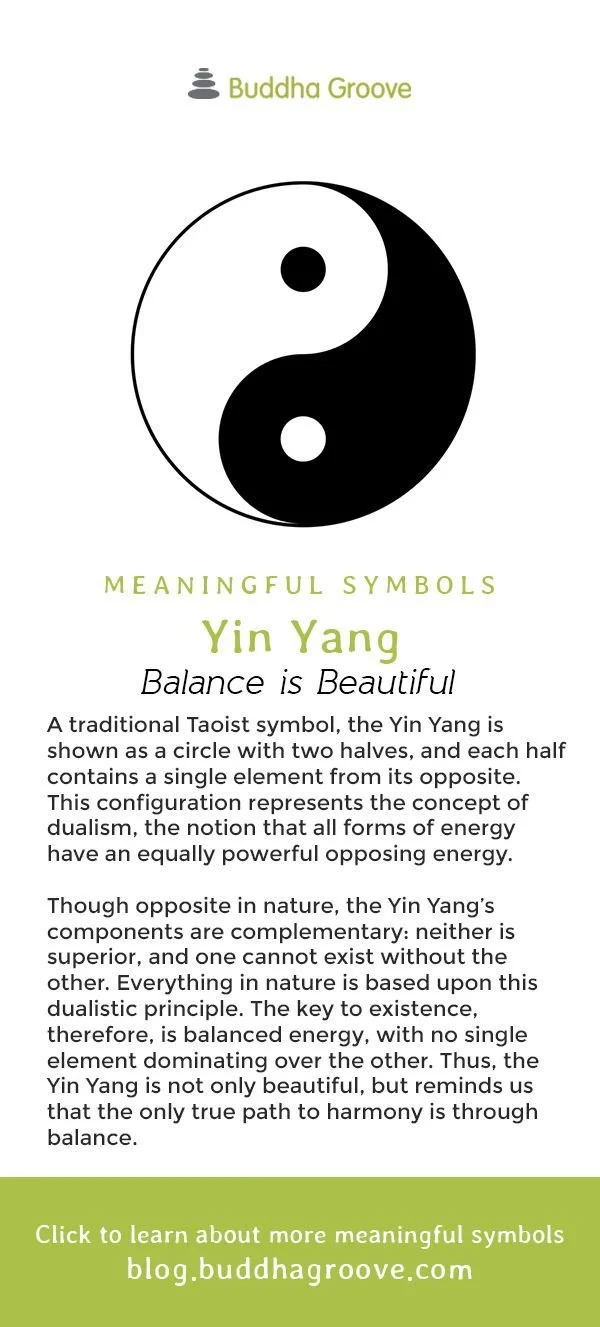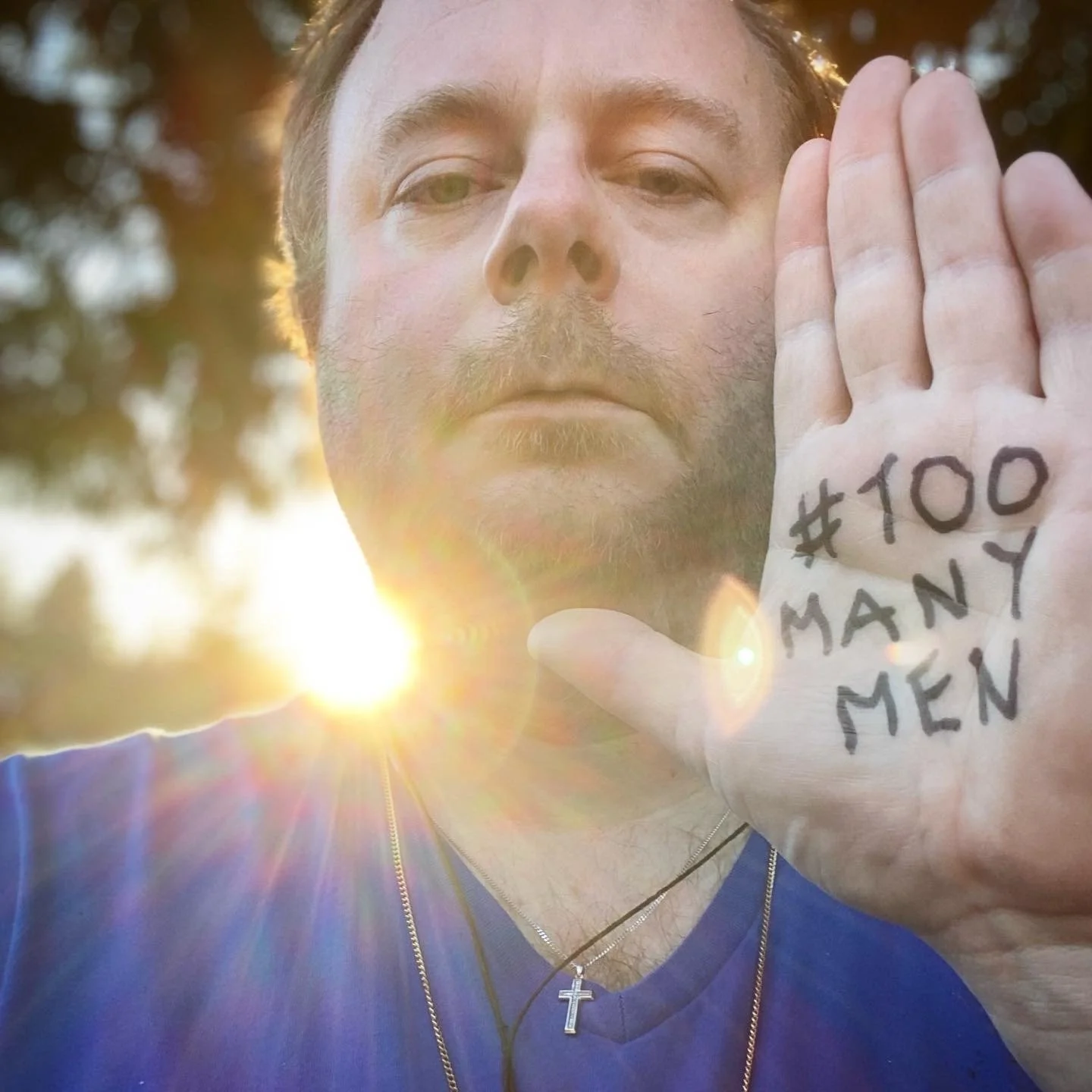Sections 19-25: Classism
These sections delved into the concepts of Social Class and the importance of Classism when you are interacting with people who are different from you.
Section 20: Self-Inventory and Definitions
SELF-INVENTORY > There actually wasn’t a self-inventory for this section. But I still want to reflect briefly on the privilege I hold, and I likely will expand on this at a later time:
I come from a family that, as I grew up, was able to secure a comfortable middle class status. My Father was a medical doctor, so he was a knowledge worker. When he retired, he shifted into studying the stock market, and investing money he had made into stocks and other investment vehicles so that the money he made would continue working for us, as he put it.
My Mother often supported my Dad so he could put his efforts into being the best medical doctor and physician that he could be. But she also worked in raising horses, and doing community service work by helping with the local Trail Riders Association and Stampede Grounds in the city I grew up in.
My parents also owned different properties in the town and surrounding areas where I grew up in and a few were rental properties, so my parents both worked together in managing those. When my Dad retired, we moved from our small town to Metro Vancouver, Canada. Before they moved, they sold off the different properties they had owned.
They also did this in part for me, so that I would have a wider range of post secondary institutions to chose from, as well as more diverse employment opportunities.
But, when we moved here, we moved to a new neighbourhood that had been built, one that many older residents had fought against. So, when I went to school, I was viewed as a kind of other, and was actually bullied for where I lived. Before starting grade 7, my Mom had gotten me a new pair of runners, which were brand name, and during a math lesson the teacher actually pointed out the cost of my shoes, which also became a source of inspiration for those who were bullying me. So I felt how there can be an imbalance, even if that’s rooted in just how people perceive wealth, as based on where people lived (it’s funny because today, the area my parents moved to, isn’t that “rich” of an area anymore - newer subdivisions have been constructed with much fancier homes for higher classes of people… so it’s funny how things can continue changing over time).
I want to reflect on my life since high school - but I’m going to do this later…
Definitions
Classism: A system of oppression which privileges the wealthy and the elite. PREJUDICE + POWER
In a classist society, people who belong to a certain social class end up setting the norms for everyone else, where people in a higher social class have a better frame of life.
Sections 23-24: Class Systems / Wealth / The Illusion of Wealth / Wealth Inequality
There is a review of how the United States inherited its class system from the British Feudal system, where different levels owe something to the level above them (in America, you have owners, managers, and workers > but there is more mobility in the American system as opposed to the rigid class systems of the British feudal system).
WEALTH > The values of the wealthy tend to permeate the values that everyone else holds. When we think about wealth though, we think of it as something that is attainable. There are very few individuals who hold the majority of wealth and they are usually seen as better than others… And ultimately, the people at the top of the social ladder have historically been expected to take care of those below them.
THE ILLUSION OF WEALTH > Today there is a kind of worship of wealth - from THE REAL HOUSEWIVES, to even characters in novels (THE GREAT GATSBY) to comic books (BATMAN / IRON MAN) to soap operas (THE YOUNG AND THE RESTLESS) to those in music or those who just become celebrities through social media (THE KARDASHIANS, or even the top rated INSTAGRAM, TIK-TOK and YOUTUBE “influencers”) all help to bring the illusion of wealth closer to us… if you can get in front of the right camera, you too can join the world of the wealthy.
IS THIS TRUE?
WEALTH INEQUALITY > As wealth accumulates at the top of our social structures today (often referred to as the 1%), they tend to invest and save their money, not to spend it. It does not trickle down to lower levels in society. Finding ways to encourage money to “trickle down” are often resisted because of the illusion of wealth that we have in society, and about those who occupy lower levels of the economic scale.
Inequality is the biggest threat to people’s emotional, mental, and physical wellbeing.
Money rises to the top, but many people do not move up the social ladder with the money.
The video also looks at the disruption of “the gig economy,” which is a replication of the old British feudal class system.
Section 25: Theories and Solutions
It’s funny, as I watched these sections - I knew I wanted to reference Robert Reich, the Former US Secretary of Labour, as he’s crafted some amazing social media channels that discuss these very issues on a regular basis… and he’s featured in section 25!
REICH argues that we now have SYMBOLIC ANALYSTS (managers and knowledge workers), PRODUCTION WORKERS (Blue Collar Workers), and ROUTINE PERSONAL SERVICE WORKERS (restaurant workers, service workers, etc).
The following are some good videos on the topic of classism…



